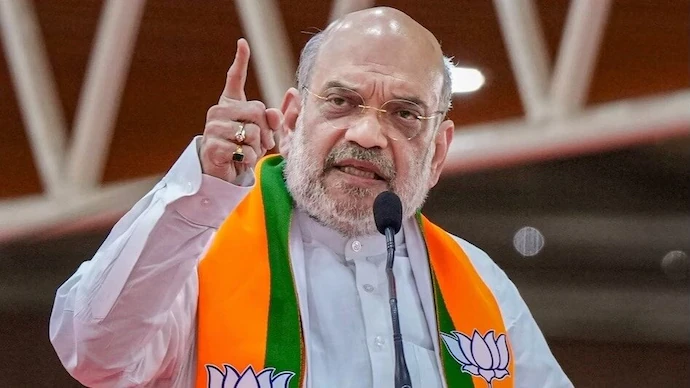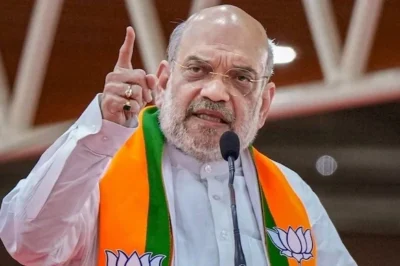
A Deadly Assault in Pahalgam
On April 22, 2025, the serene tourist destination of Pahalgam in Indian-administered Kashmir was transformed into a scene of horror. Armed militants, believed to be affiliated with The Resistance Front (TRF), an offshoot of Pakistan-based Lashkar-e-Taiba, launched a brutal attack on a group of tourists in the Baisaran Valley. The assailants segregated men from women and children, demanding they recite Islamic prayers to identify non-Muslims before opening fire. This heinous act resulted in the deaths of 26 individuals, including 25 Indian tourists and one local Muslim pony operator, marking it as the deadliest attack on civilians in India since the 2008 Mumbai attacks.
India’s Response: Operation Sindoor
In retaliation for the Pahalgam massacre, India initiated “Operation Sindoor” on May 6, 2025. The operation involved missile and drone strikes targeting nine locations across Pakistan and Pakistan-administered Kashmir, identified as militant infrastructure linked to groups such as Jaish-e-Mohammed and Lashkar-e-Taiba. The strikes resulted in at least 31 deaths and numerous injuries, including women and children. India justified the operation as a necessary response to cross-border terrorism, emphasizing the need to protect its citizens from such attacks.
Pakistan’s Reaction and Escalation
Pakistan condemned the Indian strikes as an “act of war” and claimed to have downed several Indian jets in retaliation. The Pakistani military engaged in artillery exchanges along the Line of Control (LoC), resulting in casualties on both sides. At least 12 Indian and 5 Pakistani civilians were confirmed dead in these exchanges. Prime Minister Shehbaz Sharif authorized “corresponding actions,” escalating the situation further. The international community expressed concern over the potential for broader conflict between the two nuclear-armed nations.
Global Calls for Restraint
The escalation between India and Pakistan has drawn widespread international concern. The United Nations, along with countries including the United States, China, Russia, and members of the European Union, have urged both nations to exercise restraint and engage in dialogue to de-escalate tensions. The risk of a broader military conflict and the potential for nuclear escalation have heightened fears globally.
Operation Abhyaas: Civil Defence Preparedness
In parallel to the military operations, India conducted a nationwide civil defence exercise, code-named “Operation Abhyaas,” on May 7, 2025. Spanning 244 districts, the exercise aimed to bolster civilian readiness against potential hostile threats. Activities included air-raid siren tests, blackout simulations, evacuation drills, and public training sessions. Major cities such as Delhi, Mumbai, Chennai, Kolkata, and Hyderabad participated, with specific measures like a 10-minute blackout in Bareilly, Uttar Pradesh, and drills at critical installations such as the Madras Atomic Power Station in Tamil Nadu.
The Path Forward
The events surrounding Operation Sindoor and the Pahalgam attack have significantly strained relations between India and Pakistan. The suspension of key treaties, including the Indus Waters Treaty and the Simla Agreement, marks the most serious breakdown in bilateral relations since the 1971 war. As both nations navigate this precarious situation, the international community continues to advocate for dialogue and peaceful resolution to prevent further escalation and ensure regional stability.








































Leave a Reply